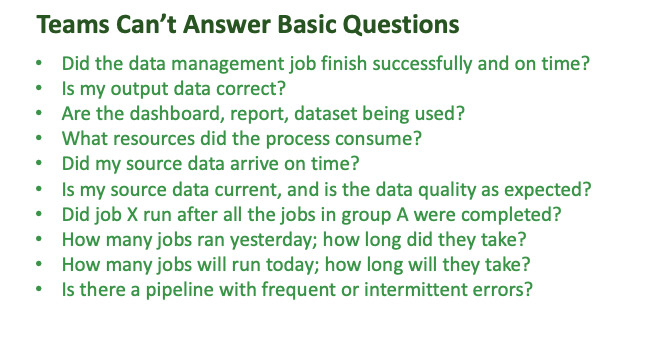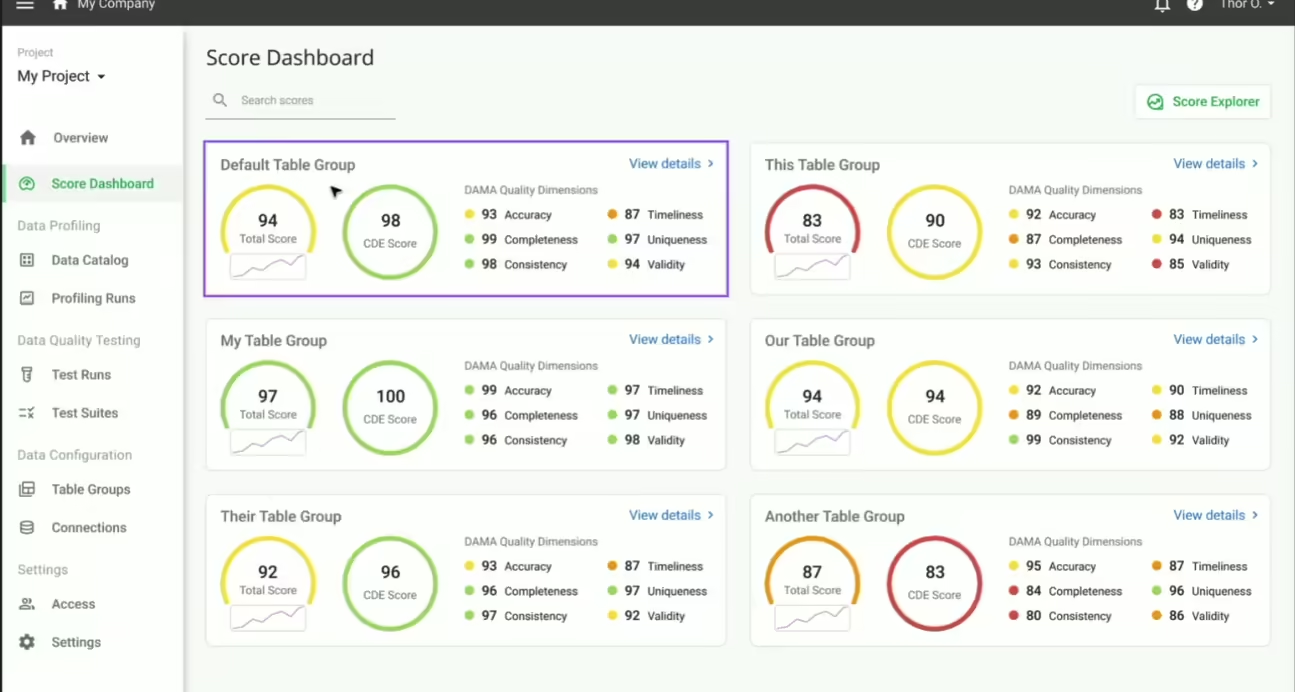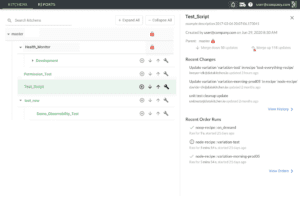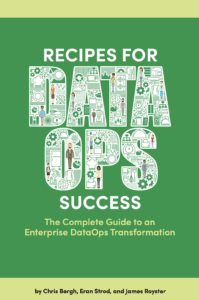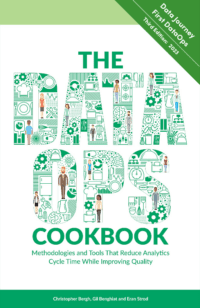Data Team members, have you ever felt overwhelmed? The never-ending flow of new information can be stressful, and it’s hard to know where to start. Well, don’t worry because DataOps is here to help! In this post, we’ll discuss how DataOps Observability and Automation can relieve team stress and show you how to get started. So don’t wait any longer. Read on for tips and tricks to make your job easier.
At DataKitchen, we’re trying to give people the tools and best practices to help them succeed with data and keep their job enjoyable and rewarding. We want them to be able to focus on the things that move the needle, like getting models in production, understanding their customers better, or making decisions faster. All of those things can be enabled by DataOps.
DataOps is also about enabling teams to work together more efficiently across organizations and departments to continuously build upon each other’s work and get insights faster; this helps maximize the team’s productivity while minimizing risk. And finally, it’s about assisting organizations in creating a culture of experimentation where failure is okay because you know you’ll have the proper data infrastructure, processes, and policies to quickly identify and mitigate any issues. With DataOps, data teams can ship data analytics systems faster and more confidently.
Ultimately, we want everyone in the organization – from analysts and engineers to business leaders to end users – to be able to use data as an asset that drives actionable insights; this makes DataOps so powerful and differentiates it from traditional data engineering practices. We’re focused on removing the complexity around managing data and making sure data drives value at every step of the process. This focus is on how we’ll make data successful in organizations of all sizes.
Data engineers, in particular, are under immense pressure to stay relevant in an ever-evolving data landscape. With dataops (data operations) becoming increasingly prevalent, data engineers are now tasked with finding data insights and keeping data pipelines running efficiently. This fact has led to increased stress levels, with 78% wanting a therapist on their job according to our survey last year with data.world. It can be tough to balance the need for speed and accuracy in data engineering while dealing with constant changes and challenges arising from data sources or customer demands. As such, data engineers must have strong problem-solving skills and excellent technical knowledge to navigate this challenging terrain successfully. DataOps is the perfect tool for helping data engineers manage these pressures;

“The scream of a data engineer, Gustav Klimt”, by DiffusionBee
Overall, our goal with DataOps is to create a high-performing workplace where everyone enjoys their job, has access to the best tools, and works together to maximize the value of data. We’re working to make data a business asset that everyone can use, regardless of their technical skills, to drive powerful insights and create a data-driven culture. With DataOps, everyone can be empowered to use data effectively and efficiently to make better decisions quickly. By enabling collaboration across teams and optimizing processes, DataOps allows organizations to move faster while keeping their data analytics, producing trusted insight and rapid changes.
Ultimately, this will enable businesses to tap into vast information and create dynamic customer experiences backed by real-time analytics capabilities. We’re excited about the potential of DataOps and look forward to seeing what it can do for organizations worldwide.
Now let’s get started on your (data) journey with DataOps!
